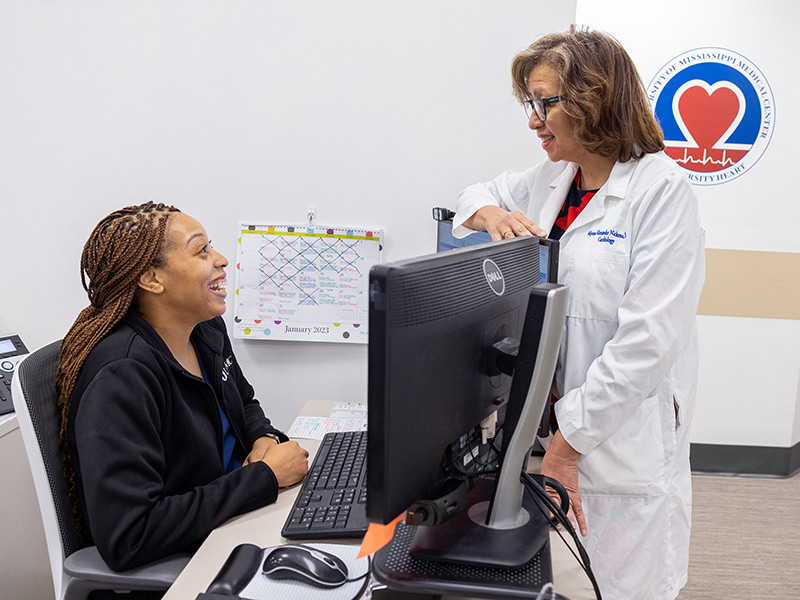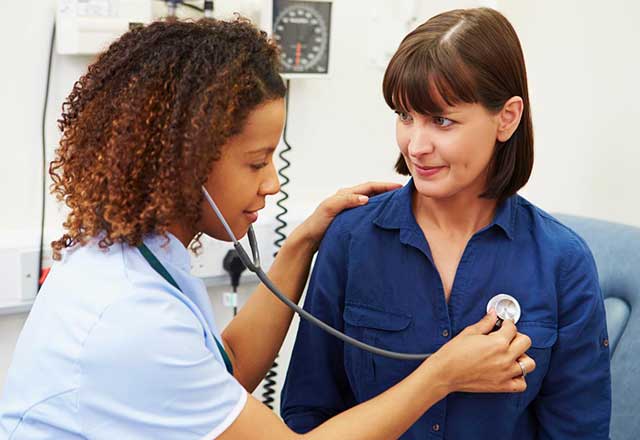Understanding Heart Attack: Recognizing Symptoms, Emergency Response, and Achieving Post-Event Recovery
Heart attack is a serious medical emergency that requires quick and appropriate action to prevent fatal outcomes. It happens when there’s an abrupt blockage in one or more of the coronary arteries that supply blood to the heart muscles. The blockage prevents oxygenated blood from reaching the heart tissues, leading to damage or death of the affected cells. In this article, we’ll discuss the symptoms, emergency response, and post-event recovery of a heart attack.
Symptoms of Heart Attack:
The symptoms of a heart attack can vary significantly among individuals, and sometimes, they may not even realize that they’re having an attack. However, some common symptoms include:
– Chest pain, tightness, or pressure, usually on the left side and may radiate down the left arm, jaw, or back.
– Shortness of breath, difficulty breathing, or gasping for air.
– Cold sweat, nausea, vomiting, or feeling lightheaded and weak.
– Irregular heartbeat or palpitations.

– Anxiety, restlessness, or feeling of impending doom.
Emergency Response to Heart Attack:
If you experience any of these symptoms, you or someone else should call for emergency medical help immediately. The most effective treatment for a heart attack is early intervention, and every minute counts. While waiting for the ambulance to arrive, you should:
– Remain calm and sit or lie down if possible.
– Chew and swallow an aspirin, as it may help to thin the blood and reduce the severity of blood clotting.
– If you have a prescription for nitroglycerin, take it as directed.
– Try to take deep breaths and cough to help improve circulation.
Once the ambulance arrives, the paramedics will evaluate your condition using an electrocardiogram (ECG) machine to determine whether you’re having a heart attack or not. If confirmed, they may administer medication to open up the blocked artery or perform angioplasty or bypass surgery to reroute the blood flow.
Post-Event Recovery:
After experiencing a heart attack, you need to make some significant lifestyle changes to reduce the risk of recurrence or developing another cardiovascular disease. These may include:
– Follow your doctor’s instructions regarding medication, diet, and exercise.
– Attend cardiac rehabilitation programs to strengthen your heart muscles, improve your fitness, and learn coping strategies.
– Avoid or quit smoking and excessive drinking, as they can worsen the damage to the heart.
– Lower your stress levels through relaxation techniques, hobbies, or counseling.
– Maintain a healthy weight and blood pressure.
Knowing the symptoms of a heart attack, responding promptly, and making appropriate lifestyle changes can help you achieve a successful recovery and prevent future complications. If you suspect that you or someone else is having a heart attack, never delay getting medical help. It could make all the difference.










